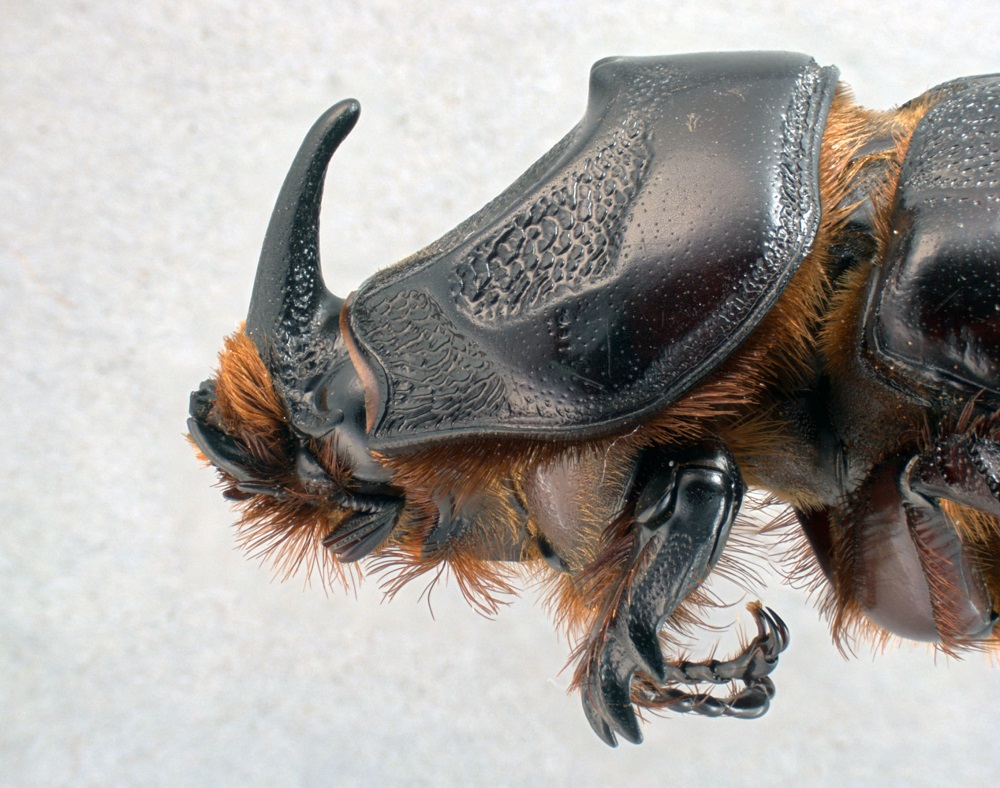Why the Prevention of Heartworm Disease in Cats Is So Important
Because the focus of heartworm prevention is commonly placed onto our canine friends, owners of dogs and cats may be surprised to learn that heartworm disease affects both species. The fact is, cats are equally vulnerable to the bites of infected mosquitoes. And, to make matters worse, while dogs are able to safely receive treatment […] The post Why the Prevention of Heartworm Disease in Cats Is So Important appeared first on Cat Care of Vinings.


Because the focus of heartworm prevention is commonly placed onto our canine friends, owners of dogs and cats may be surprised to learn that heartworm disease affects both species. The fact is, cats are equally vulnerable to the bites of infected mosquitoes. And, to make matters worse, while dogs are able to safely receive treatment for heartworm disease, it is incurable in cats. This is why preventing heartworm disease in cats is so important.
What Are Heartworms?
Microscopic baby heartworms are transferred directly into a cat’s bloodstream via the bite of an infected mosquito. From the bloodstream, heartworms grow in the heart, lungs and arteries, and cause major damage. Because cats are considered atypical hosts, they don’t get as many heartworms as other animals. There is no treatment for heartworm disease in cats, and the risk to their health is very high.
Parasite Prevention Stops Them
If a cat is protected with parasite prevention medication, microscopic heartworms do not have the ability to grow. Many cat owners make the mistake of only providing parasite prevention medication during the spring and summer months, but it is crucial to keep the routine going year round.
In Georgia, parasites don’t really enter the full dormancy period as they do in Northern states. As a result, heartworm disease prevention in cats must remain a year round endeavor. A monthly dose of heartworm prevention prevents any baby heartworms in the bloodstream from reaching maturity.
Heartworm Disease In Cats
Once a cat has adult heartworms living in the heart, lungs and arteries, we can only manage symptoms. Typically, problems are respiratory. Cats may cough, wheeze, vomit, suffer from weight loss, and show appetites changes. As it progresses, they may faint, have seizures, struggle to walk, and accumulate fluid in the abdomen. Collapse and death may be imminent.
Start Early, Stay Strong
Kittens as young as 6-8 weeks can start their lifelong routine of monthly heartworm medication. Because it takes up to 6 months for worms to show any changes to your cat’s blood test, annual testing is critical to their prevention.
All cats – strictly indoor and indoor/outdoor alike – deserve to be protected from this preventable, incurable disease. If you have any questions or concerns about your cat’s lifelong health and vitality, we are always here for you at Cat Care of Vinings.
The post Why the Prevention of Heartworm Disease in Cats Is So Important appeared first on Cat Care of Vinings.














